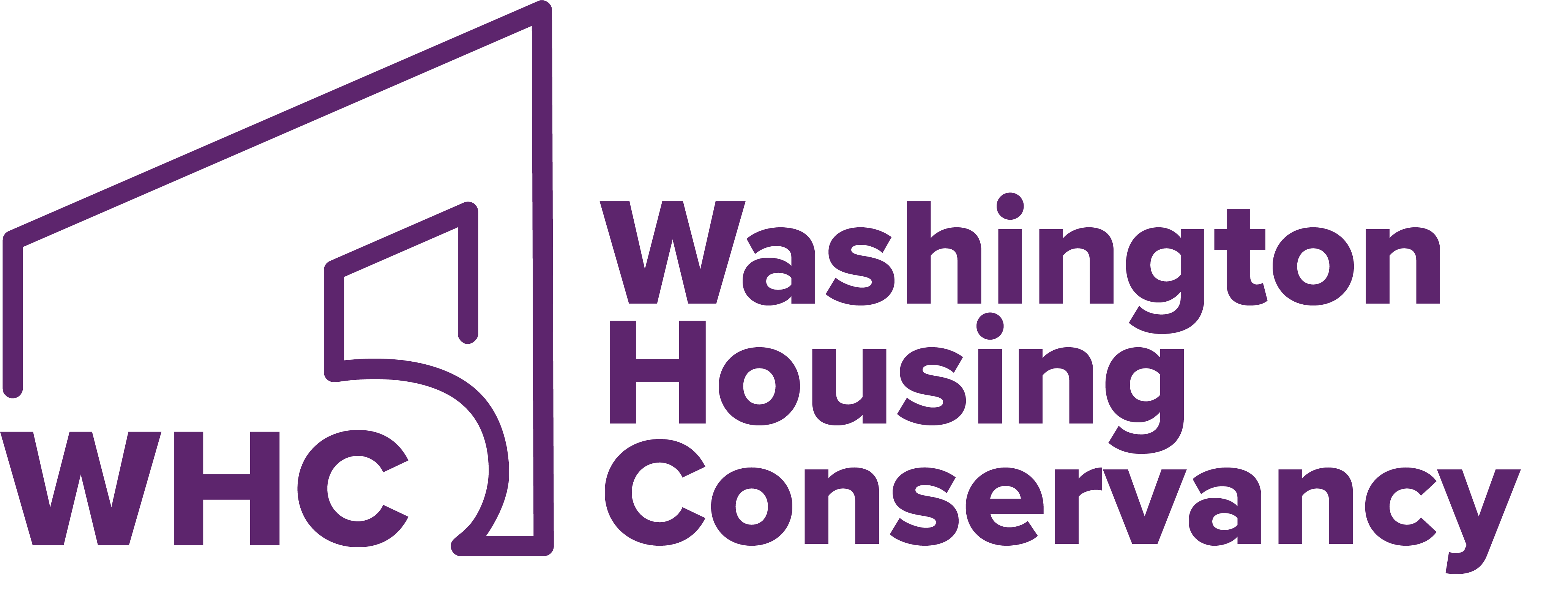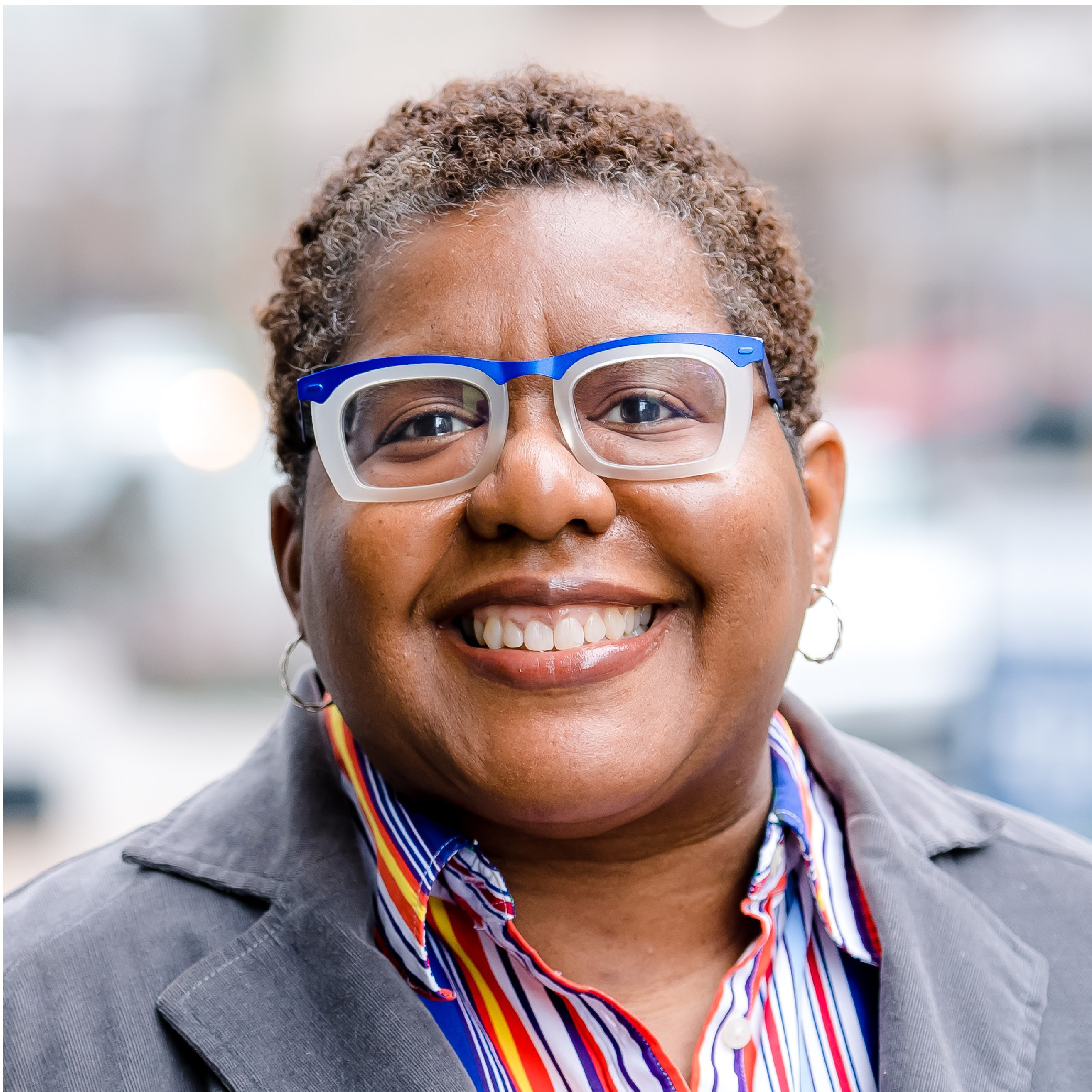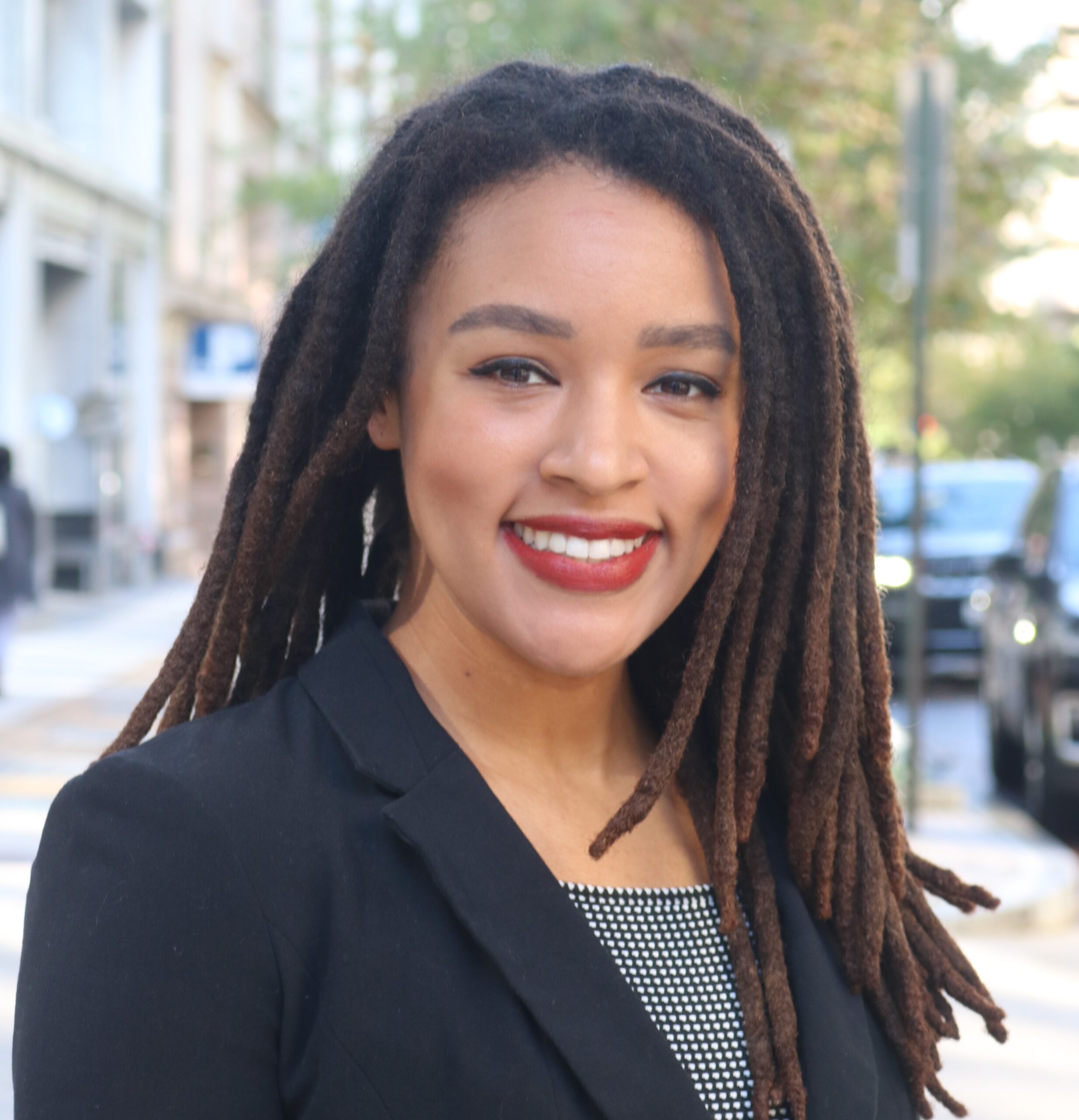Preserving affordable homes for communities
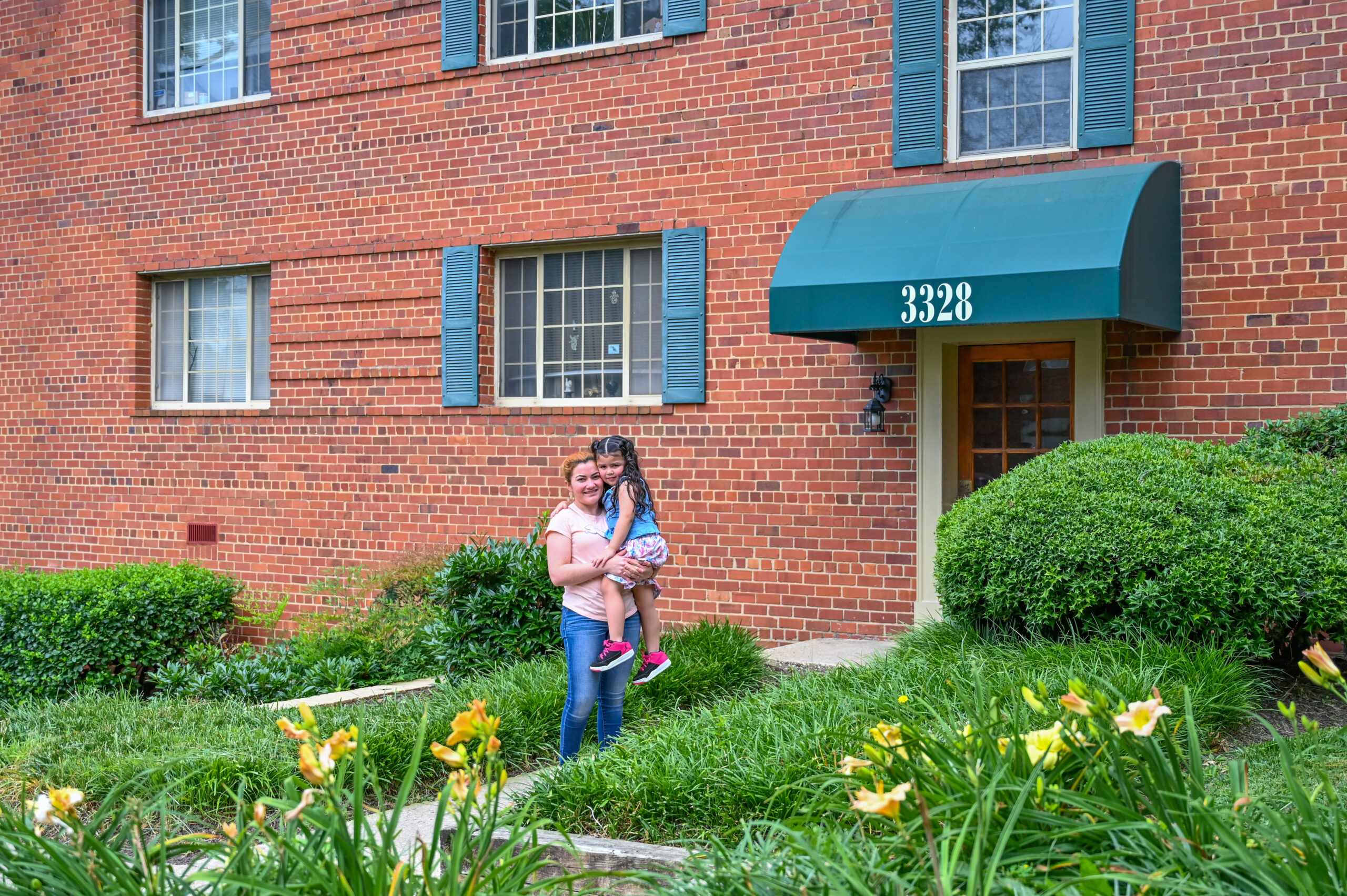
The Washington Housing Conservancy (WHC) is a nonprofit organization (501c3) that preserves homes that are affordable so residents in our communities—particularly moderate to low-income African Americans and other residents of color–can focus on the opportunity to build wealth, instead of the risk of escalating rents.
By acquiring and owning 3,000 units of affordable housing, WHC is stabilizing rents, preventing displacement, and creating communities where moderate to low-income residents and their families want to be.
What Makes Us Different
In a “hot” real estate market like the DC-region, affordable homes have become a scarce resource. Our particular focus is preventing displacement for moderate to low-income workers, like firefighters, teachers and hospitality workers, who find themselves increasingly priced out of their homes, and provide rent stability and opportunities to thrive and build wealth.
We work in neighborhoods of Naturally Occurring Affordable Housing—or NOAH. In these communities, absent government subsidy, rental properties are at risk of losing their affordability—and their economic and racial diversity—from redevelopment.
Home represents the ultimate building block or stumbling block in someone’s life. For some, home has been a way to build wealth and opportunity. For others, home has meant displacement, escalating rents and instability that make it almost impossible to imagine a different future.
Centuries of racist practices and attitudes has exacerbated disparities in housing and individual wealth, especially between white and Black households. A report from the Center for American Progress estimates that if these differences continue, it could take more than 200 years for the average Black family to accumulate the same amount of wealth as white families.
WHC is creating inclusive and diverse mixed-income communities of individuals and families in a targeted income range of between $40,000 and $120,000. In addition, we will house a small percentage (25-30%) of residents with incomes below $40,000.
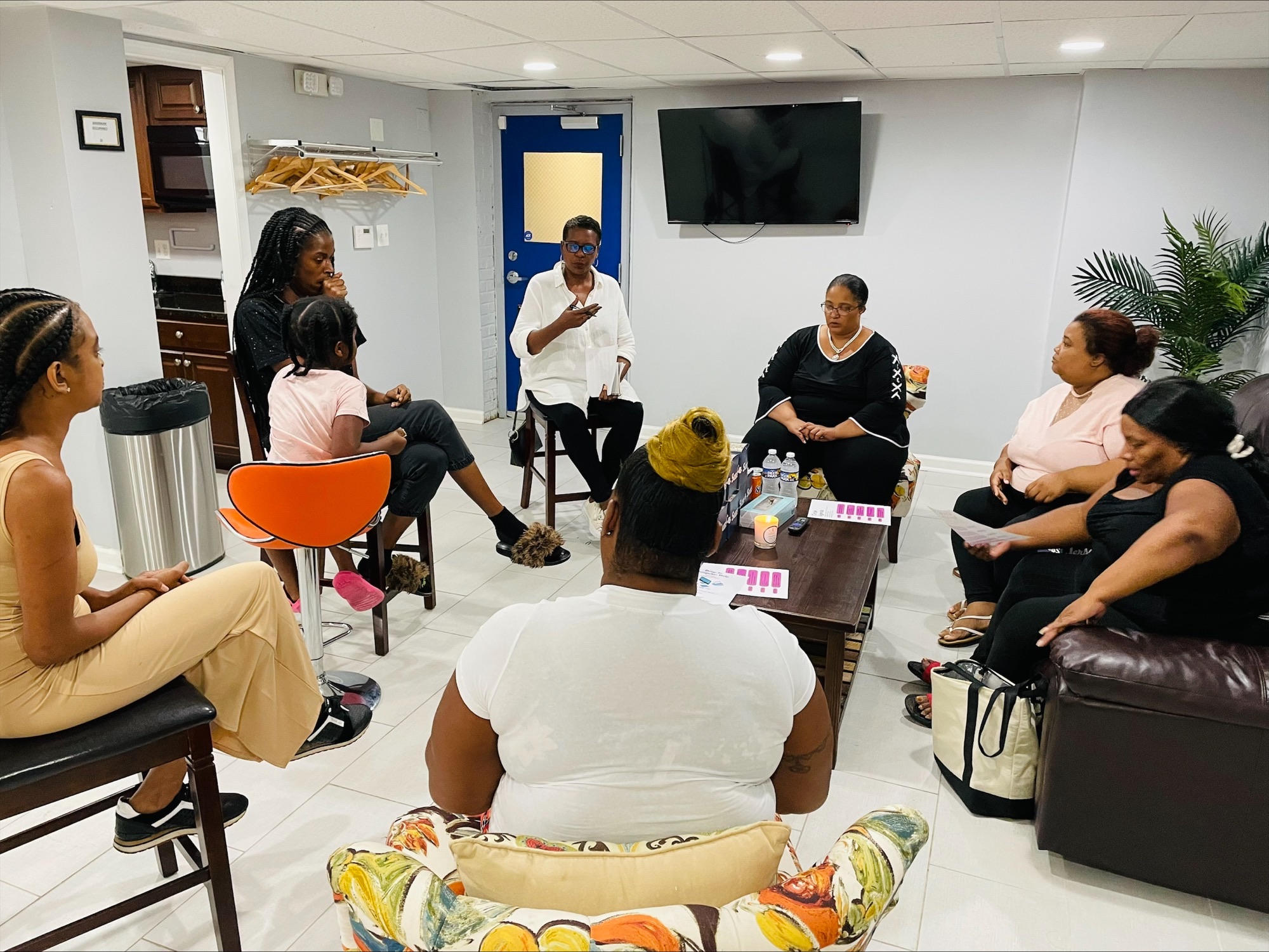

Our Structure
The Washington Housing Conservancy is part of the Washington Housing Initiative, which is building a model for systemic change through three primary vehicles.
Stakeholder Council
WHC
Impact Pool
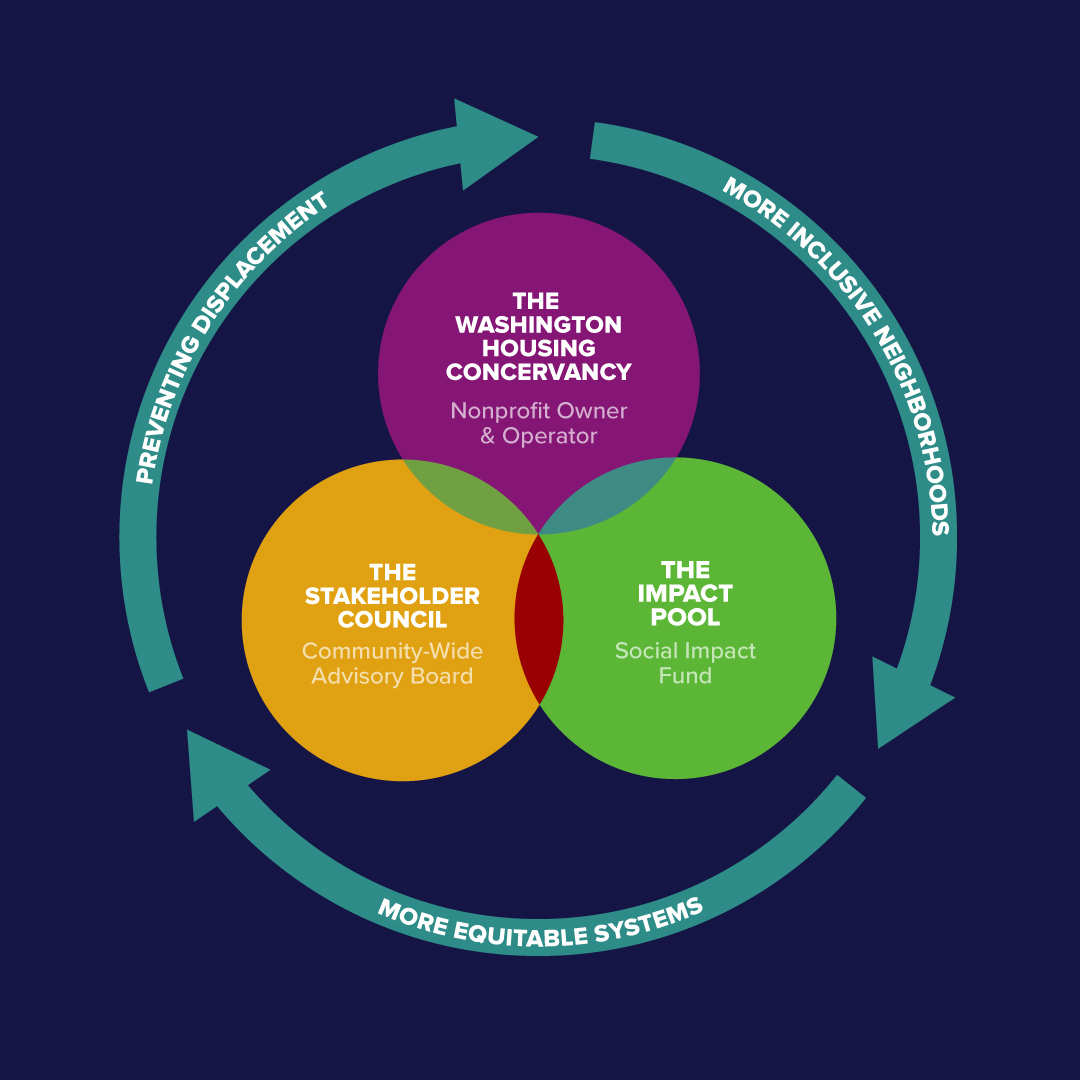
Board
Members
WHC is governed by an independent board of civic leaders.
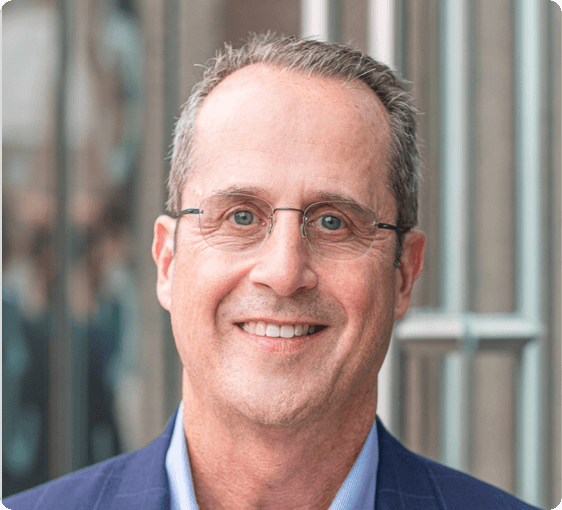
Joshua Bernstein
CEO, Bernstein Management Corporation

Kevin Clinton
Board Chair
Chief Program Officer, Federal City Council
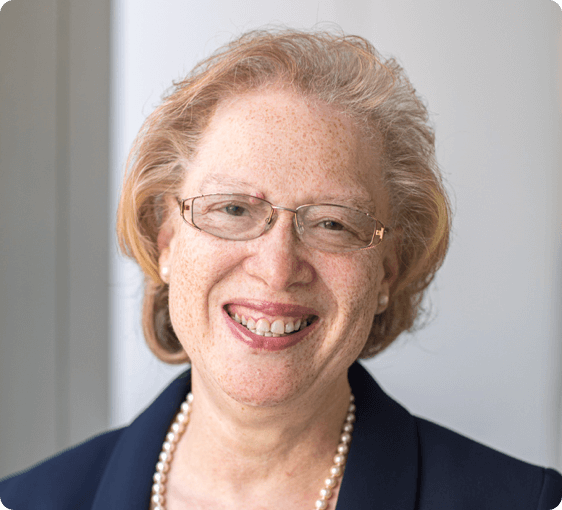
Carol Thompson Cole
President + CEO, Youth Invest Partners
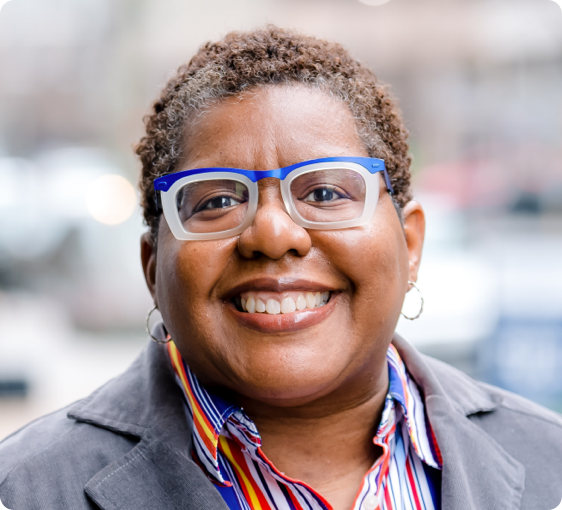
Kimberly Driggins
Executive Director, WHC
Maria S. Gomez
Former President + CEO, Mary’s Center

Cary Hatch
Former Senior Counsel, Hart Inc. & CEO, MDB Communications

Charlene Drew Jarvis
Former Director, National Women's Business Center, Inc.
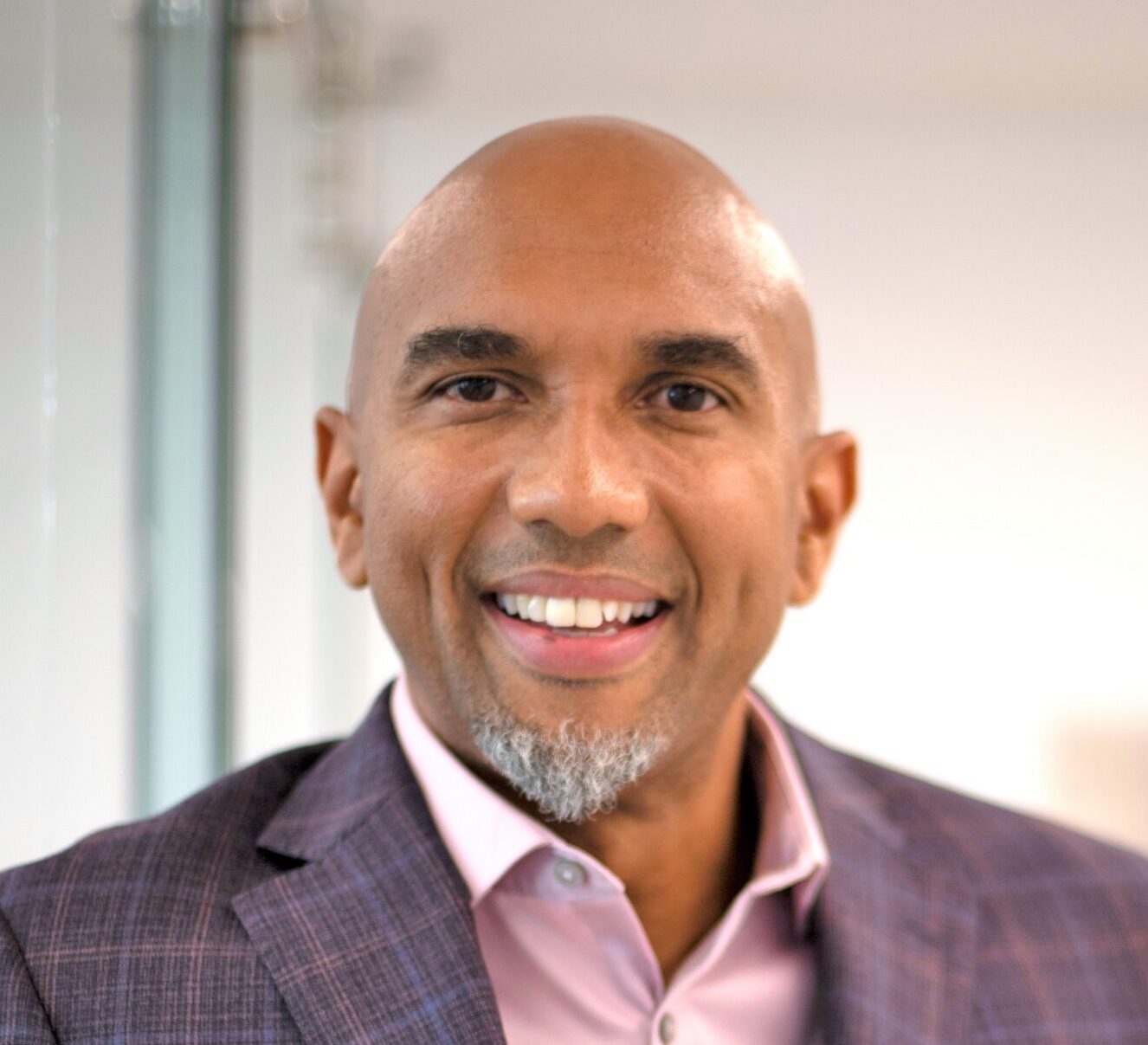
Mark Joseph
Founding Director, National Initiative on Mixed-Income Communities (NIMC)

David Martin
Partner, ArentFox Schiff
David Roodberg
CEO, DJR Assoc.
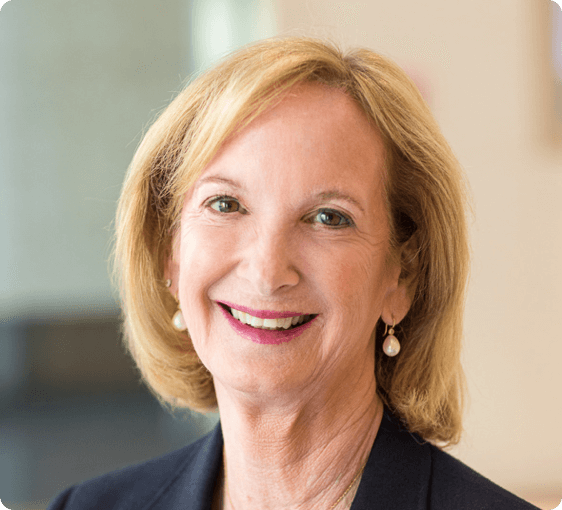
Deborah Ratner Salzberg
Principal, Uplands Real Estate Partners
Eshauna Smith
Director of Community Impact, Ballmer Group
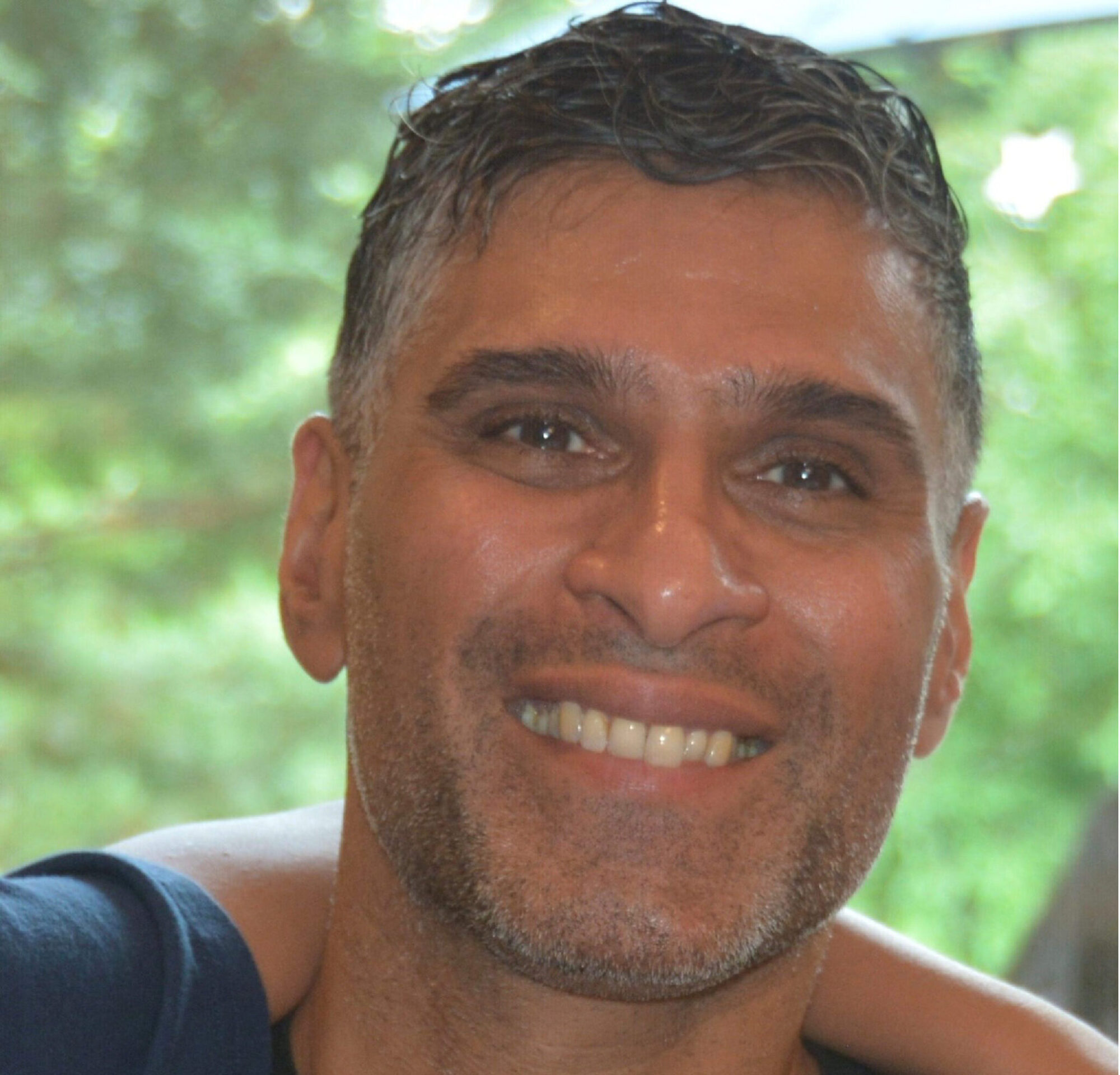
Aakash Thakkar
Chief Acquisitions Officer, EYA, LLC
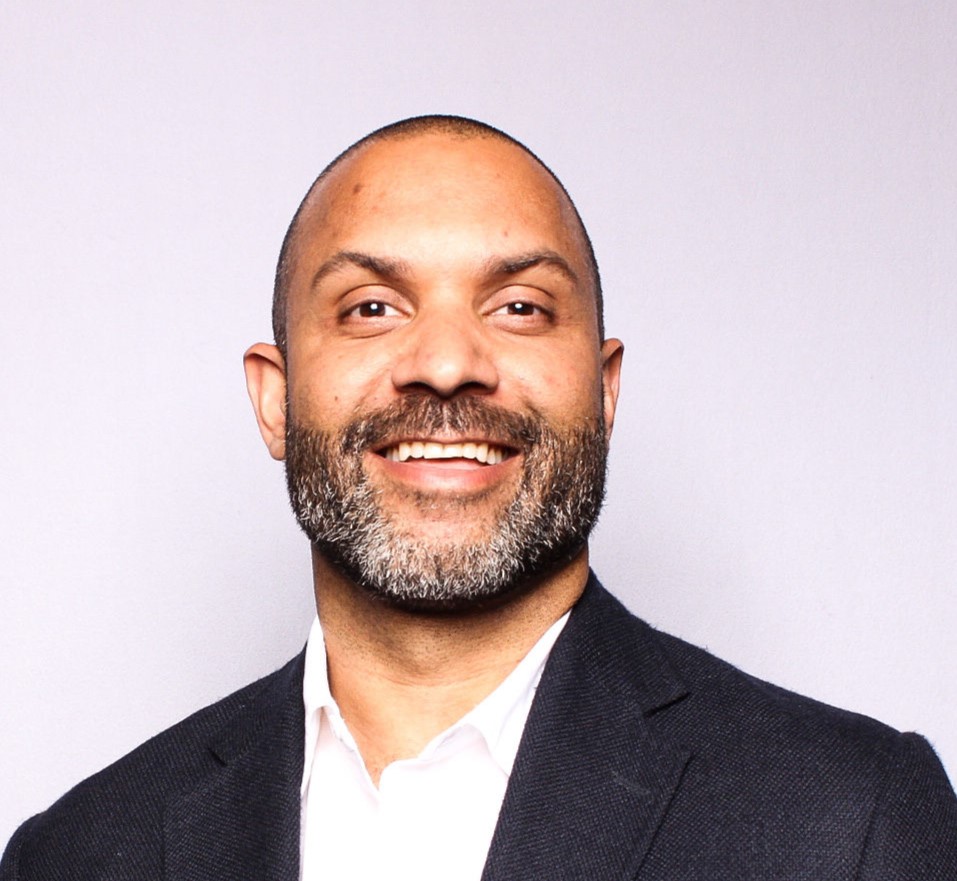
Trevor Brown
Senior Partner, New Profit
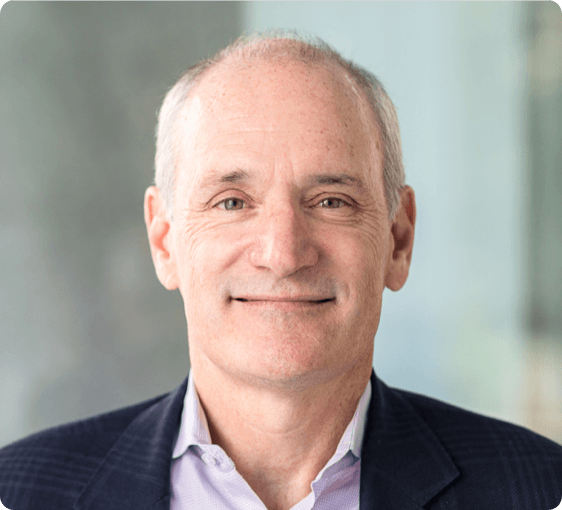
Rob Stewart
Board Emeritus
Chair, JBG SMITH’s Board of Trustees
Our Team
Kimberly Driggins
Executive Director
Sawa Kamara
Social Impact Coordinator
Jackie Keller
Office Manager & Executive Assistant
Yvette Ross Kane
Director of Asset Management
Kathy Smith
Director of Development
Our Partners

Federal City Council
Established in 1954, the Federal City Council is a non-profit, non-partisan organization dedicated to the improvement of the District of Columbia.

JBG SMITH
JBG Smith is an S&P 400 company that owns, operates, invests in and develops assets concentrated in leading urban infill submarkets in and around Washington, DC.

NIMC
The National Initiative on Mixed-Income Communities (NIMC) at Case Western Reserve University is an impact research center focused on urban equity and inclusion. It is the only center in the country focused exclusively on creating and sustaining mixed-income communities in the United States.
Our Supporters
Since launching in 2018, the Washington Housing Conservancy has secured $19M in philanthropic support from a diverse mix of individual, corporate and foundation donors. WHC wants to thank our visionary philanthropic partners for supporting WHC’s mission and values to preserve and expand affordable workforce housing in the Washington, DC metropolitan region. Donors listed below have given a cumulative amount of $5,000 or more since our inception.
If you would like to partner with WHC, please contact us HERE or email info@washhousing.org.
$1 Million+
Amazon Housing Equity Fund
Anonymous
Diane & Norman Bernstein Family Foundation
Huron Philanthropies
JBG SMITH
Robert and Arlene Kogod
TD Charitable Foundation
The J. Willard and Alice S. Marriott Foundation
The Robert I. Schattner Foundation
Corporate Supporters
Bank of America Charitable Foundation
Brown Advisory
Kaiser Permanente
PNC
Streetsense
The M&T Charitable Foundation
Truist Foundation
Wells Fargo Foundation
Foundation Supporters
Dweck Philanthropies
New Profit
The Morris and Gwendolyn Cafritz Foundation
The Motley Fool Foundation
Individual Supporters
Alan and Amy Meltzer
Brian Allan “AJ” Jackson
Kathleen and Steve Theriot
Kimberly Driggins
Lawrence and Melanie Nussdorf
Lisa and Joshua Bernstein
Margaret A. Hamburg and Peter F. Brown
Mark M. Katz and Cynthia C. Hogan
Rob and Sheri Rosenfeld
The Coulter Family Foundation
The Michael & Deborah Ratner Salzberg Family Foundation
Matt Kelly & Jessica D. Mailloux

Preserving housing affordability and promoting economic mobility in the DC-region
The Washington Housing Conservancy is a 501(c)(3) non-profit organization. Your investment helps us expand our work. Your gift is 100% tax-deductible. EIN 83-1866109
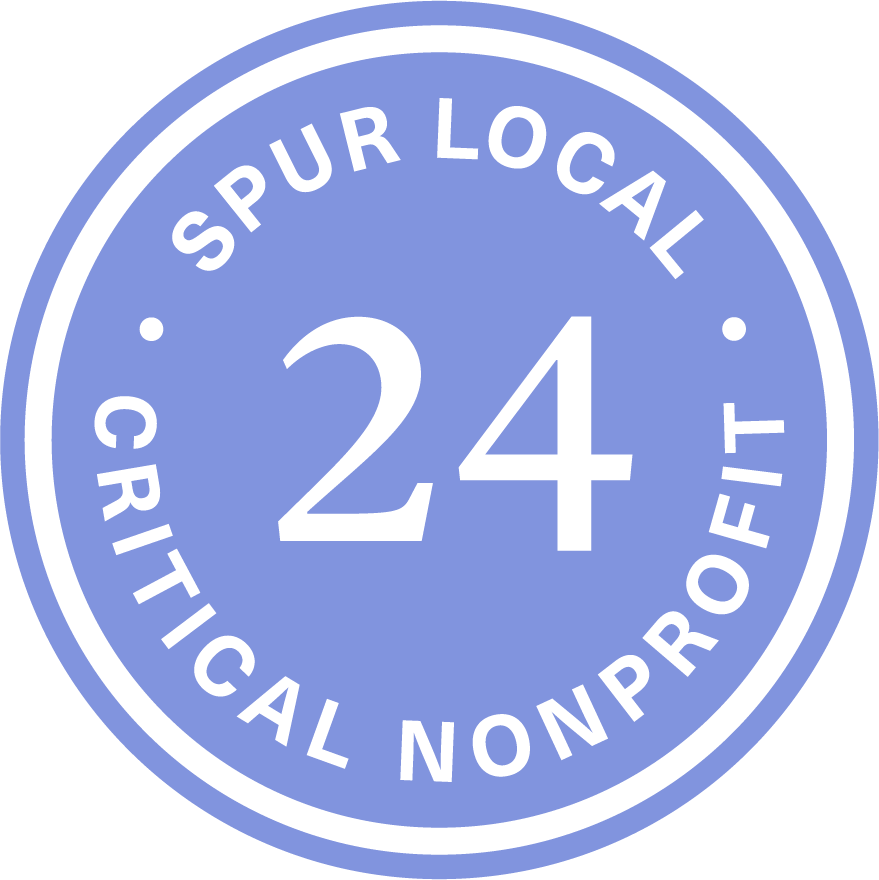

Privacy Policy Terms & Conditions
Privacy Policy
Terms & Conditions
Get in touch
Follow us
